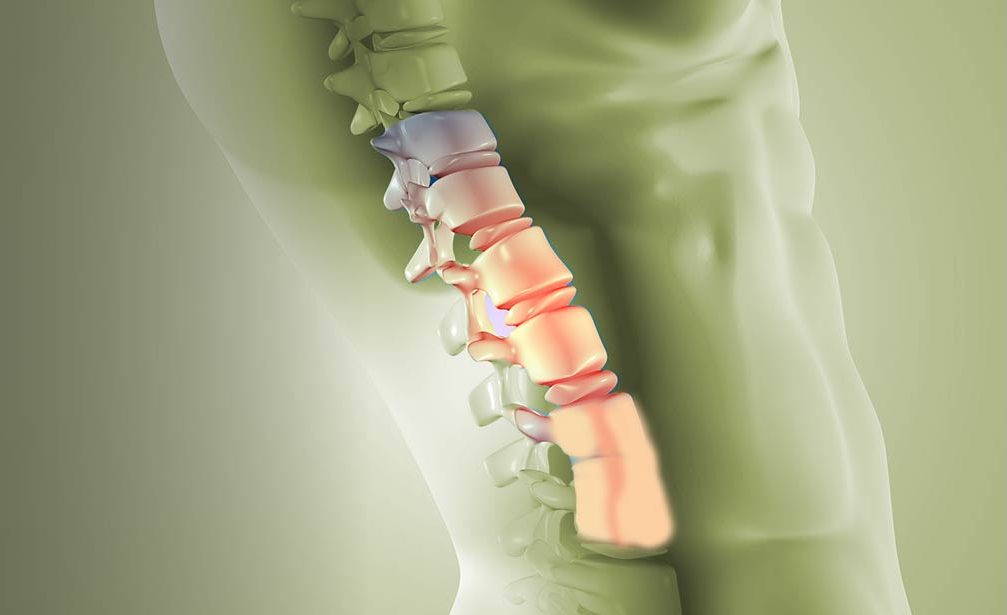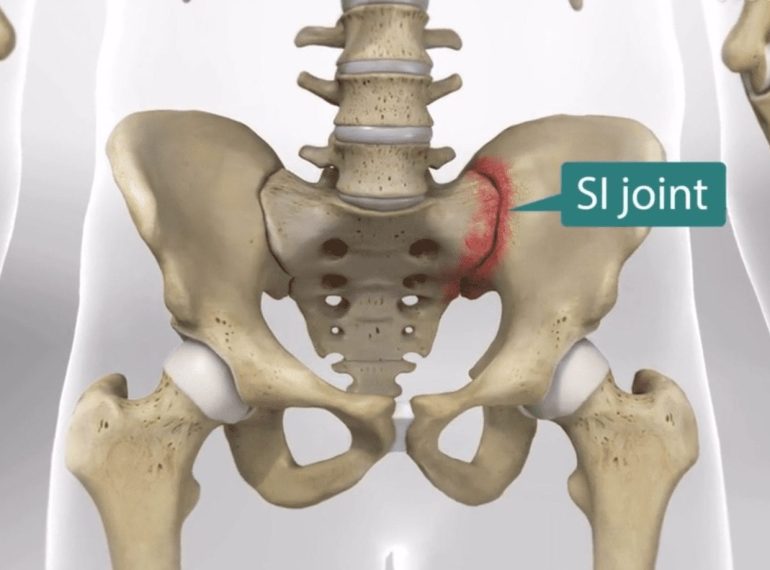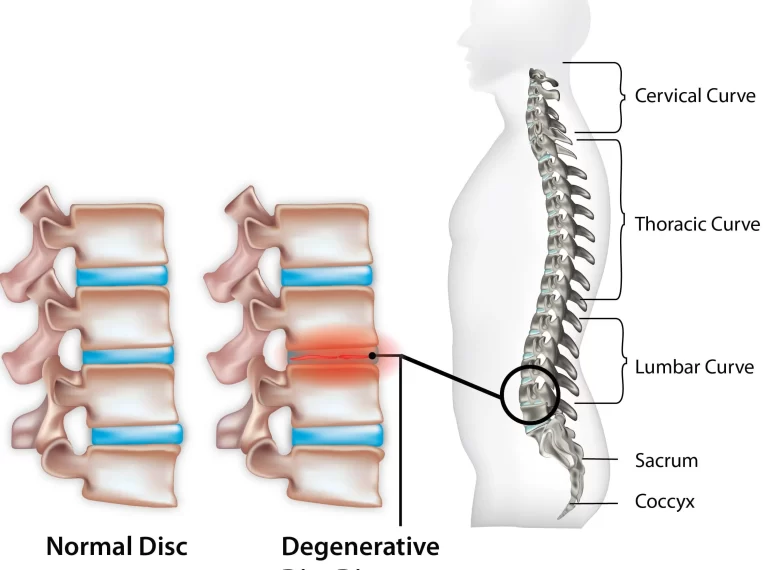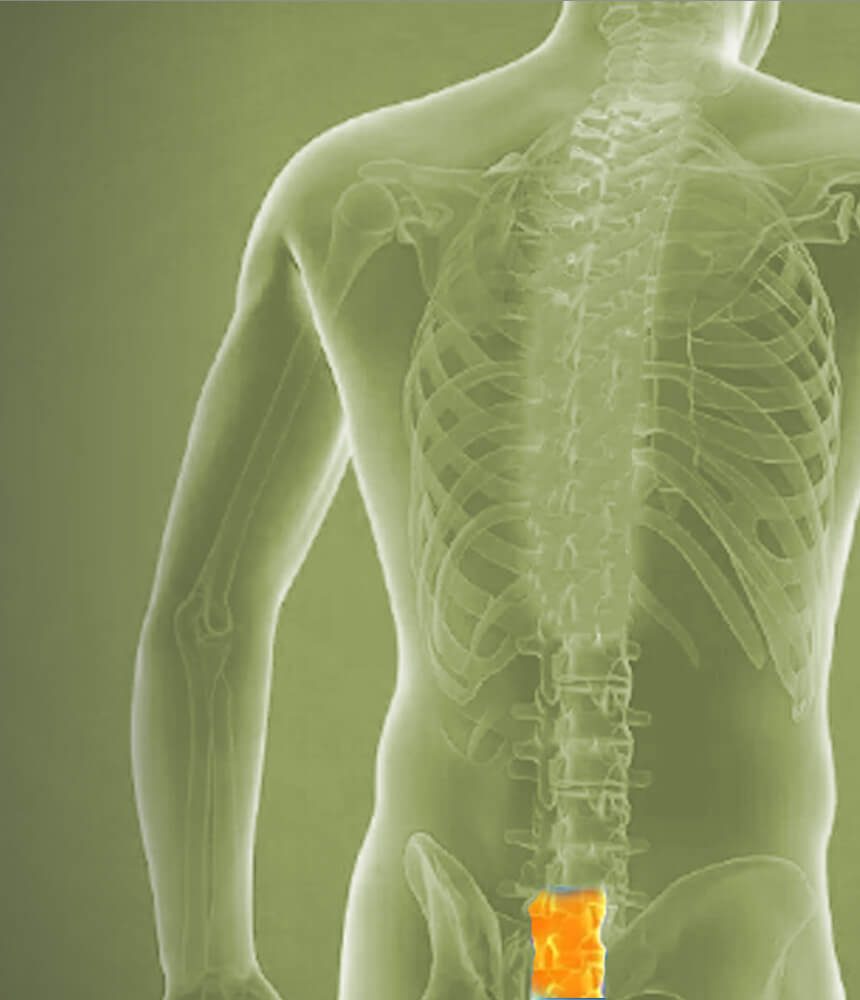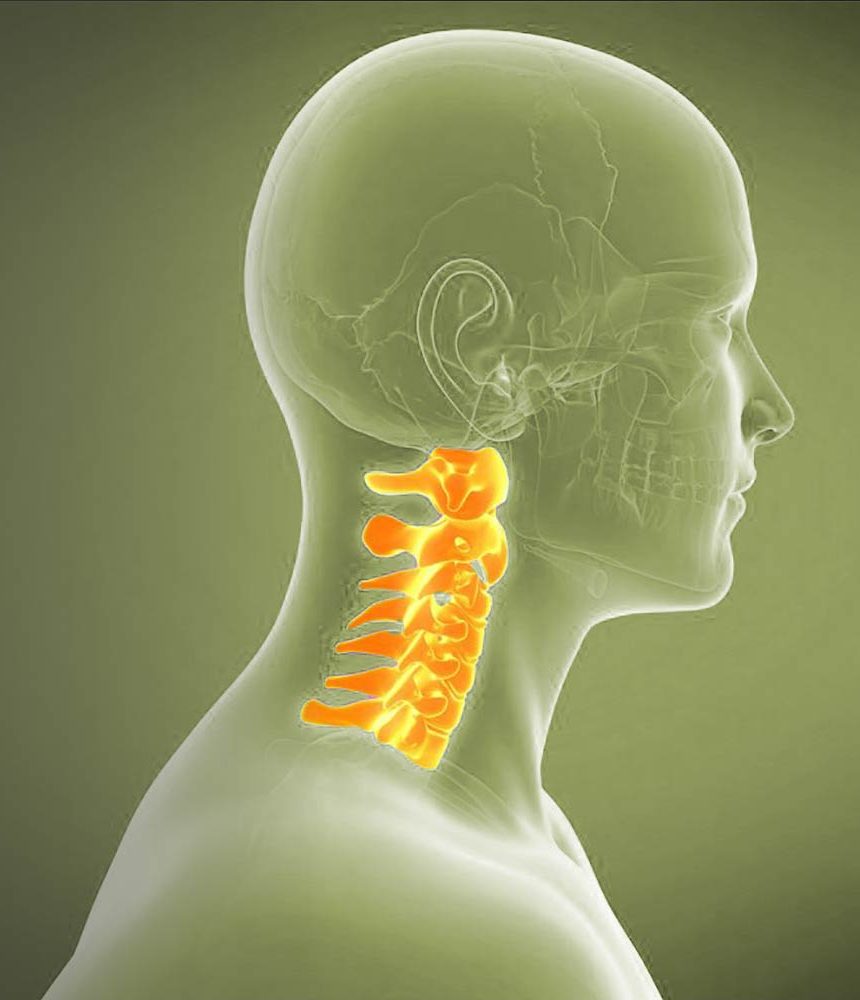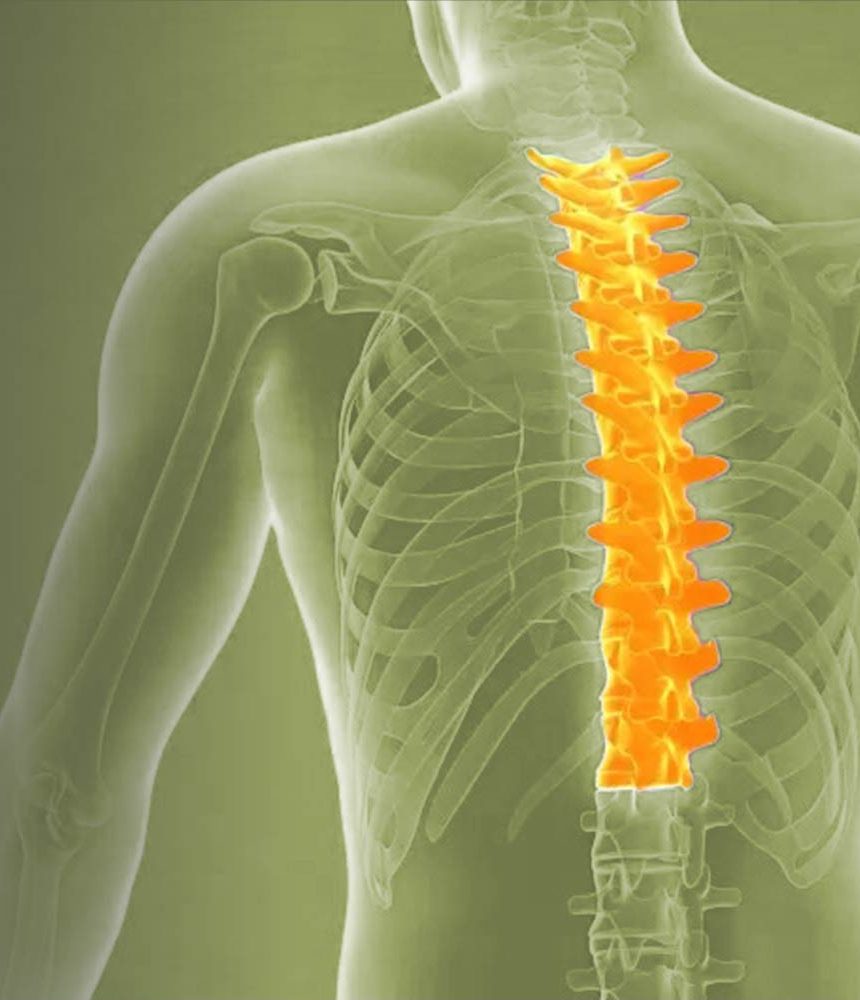Lumbar Spine
Lumbar Spine Pathology: Your lower back, or lumbar spine, is crucial for movement and support. Conditions such as herniated discs, sciatica, and spinal stenosis can lead to pain and restricted mobility. We offer a comprehensive range of treatments, from conservative therapies to advanced surgical procedures, tailored to your specific lumbar spine needs.
The lumbar spine, or lower back, is a critical part of your body that helps you stand, bend, and move comfortably. Sometimes, things can go a bit off balance, leading to conditions like:
Herniated Disc:
Think of discs as cushions between your spinal bones. Sometimes, one of these cushions slips out of place, causing pain or discomfort.
Sciatica:
This happens when there’s pressure on the sciatic nerve, leading to pain that can travel down your leg. It’s like a pinch in your ‘leg nerve.’
Spinal Stenosis:
Imagine the spinal canal as a tunnel. Spinal stenosis is when this tunnel narrows, putting pressure on the spinal cord and nerves.
Spondylolisthesis:
This is like a ‘slip and slide’ of one vertebra over another. It can cause back pain and affect how you move.
Degenerative Disc Disease:
Over time, the discs in your spine may wear down. It’s a bit like the wearing down of the tread on a tire, causing discomfort.
Remember, these conditions can often be managed with the right care, which may include exercises, lifestyle adjustments, or, in some cases, medical treatments. Working together, we can find the best path to keep you moving comfortably.”
Conditions
The lower back, or lumbar spine, supports movement. Conditions affecting the lumbar spine include:
Herniated Disc:
Discs between spinal bones slipping out of place, causing pain or discomfort.
Sciatica:
Pressure on the sciatic nerve, causing pain that can travel down the leg.
Spinal Stenosis:
Narrowing of the spinal canal, putting pressure on the spinal cord and nerves.
Spondylolisthesis:
Forward slip of one vertebra over another, causing back pain and affecting movement.
Degenerative Disc Disease:
Wear and tear of spinal discs over time, leading to discomfort.
{"cpt":"service","style":"6","columns":"3","show":6,"from_category":["lumbar-spine-conditions","thoracic-spine-conditions"],"order":"DESC","orderby":"none"}
Conservative Treatments
For conditions affecting the lower back or lumbar spine, conservative treatments aim to manage pain and improve mobility without surgery:
Physical Therapy:
Targeted exercises to strengthen core muscles, improve flexibility, and alleviate pain associated with lumbar spine conditions.
Medications:
Prescription or over-the-counter medications to manage pain, inflammation, and muscle spasms.
Heat and Cold Therapy:
Application of heat or cold packs to reduce inflammation and soothe muscles in the lower back.
Lumbar Braces:
Supportive braces to provide stability, reduce strain, and promote healing for specific lumbar spine conditions.
Education on Body Mechanics:
Guidance on proper lifting techniques, posture, and daily activities to prevent aggravation of lumbar spine conditions.
Remember, these conservative treatments are personalized to each individual’s condition, and consulting with healthcare professionals is crucial for the best outcome.
{"cpt":"service","style":"6","columns":"3","show":6,"from_category":["lumbar-spine-treatments"],"order":"DESC","orderby":"none"}
Surgical Treatments
For more complex lumbar spine conditions, surgical interventions may be recommended. Common procedures include:
Lumbar Discectomy:
Removal of a portion of a herniated disc to relieve pressure on nerves.
Lumbar Fusion:
Fusion of vertebrae to stabilize the spine, often used for conditions like spondylolisthesis.
Laminectomy:
Removal of the lamina to create more space for the spinal cord and nerves.
Microdiscectomy:
Minimally invasive removal of a herniated disc with a smaller incision.
Artificial Disc Replacement:
Replacement of a damaged disc with an artificial one to maintain mobility.


